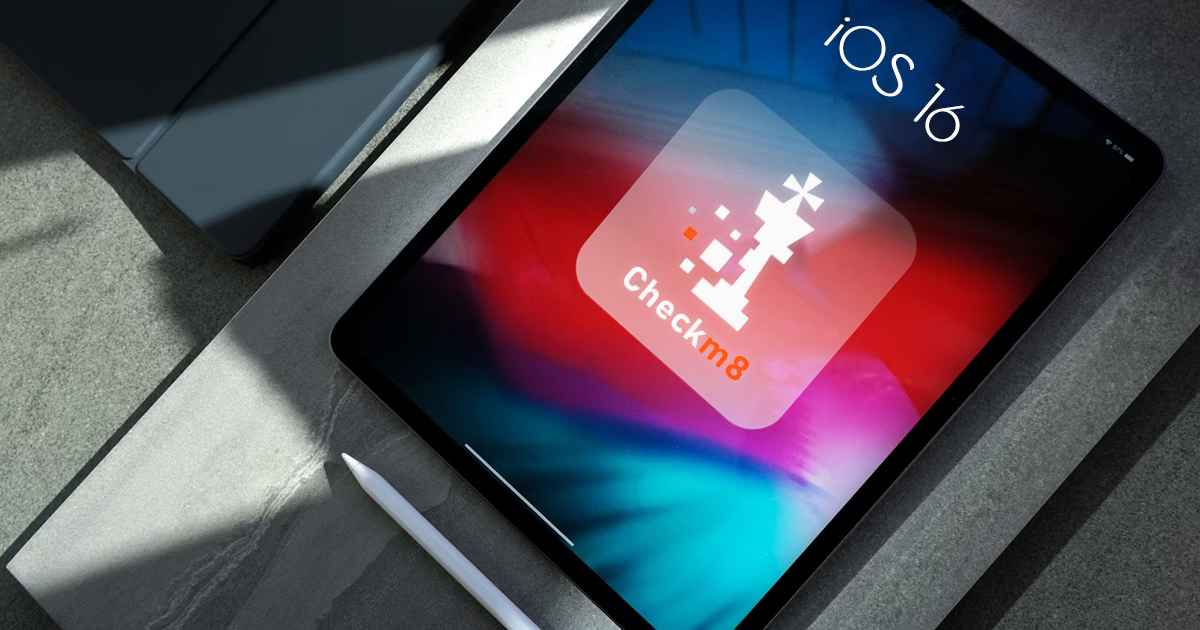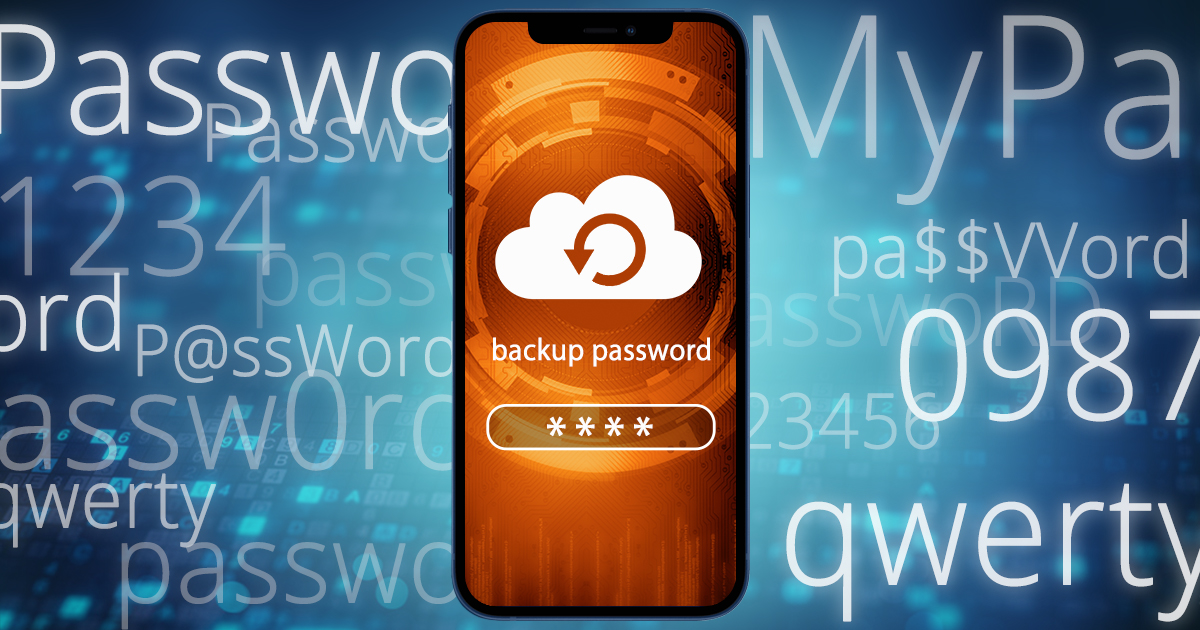Today’s mobile devices are getting increasingly more resistant to physical imaging, mostly due to the use of full-disk encryption. Full-disk encryption makes useless some low-level acquisition techniques of yesterday, which includes JTAG and chip-off.
Good news: Apple has officially responded.
iCloud sync is everywhere. Your contacts and calendars, system backups and photos can be stored in the cloud on Apple servers. This time, we discovered that yet another piece of data is stored in the cloud for no apparent reason. Using an iPhone and have an active iCloud account? Your calls will sync with iCloud whether you want it or not. In fact, most users we’ve heard from don’t want this “feature”, yet Apple has no official way to turn off this behavior other than telling people “not using the same Apple ID on different devices”. What’s up with that? Let’s try to find out.
On Tuesday, a federal judge ordered Apple to assist the authorities in breaking into a locked iPhone 5C used by Syed Farook, who killed 14 in San Bernardino in December. According to the FBI, the phone might contain critical information about connections with Islamic terrorist groups. Apple opposed the motion and published an open letter at https://www.apple.com/customer-letter/ saying that “The United States government has demanded that Apple take an unprecedented step which threatens the security of our customers. We oppose this order, which has implications far beyond the legal case at hand.”
With hardware-backed full-disk encryption and additional protection of sensitive user data located in the keychain, Apple iOS is the most secure mobile operating system out there. Acquisition approaches that are traditional for Android and Windows Phone devices (namely, JTAG, ISP and chip-off) are completely meaningless for iOS devices running even years-old generations of the system. Bypassing screen lock password (passcode) has also been long considered to be useless due to the fact user data stored in the keychain is additionally encrypted with a secure key based on the passcode.
German law has always been strict about any possible security breaches. This week German court ordered that anyone using wireless networks should protect them with a password so the third party could not download data illegally.
In my previous post I suggested several variants of computer security translated by different laws. Now I’d like to get to ciphers…again viewed by law.
Most laws define security obligations as reasonable, appropriate, suitable, necessary, adequate etc. without giving more precise directives to follow. Is it good or bad? And what should be known about these standards?


